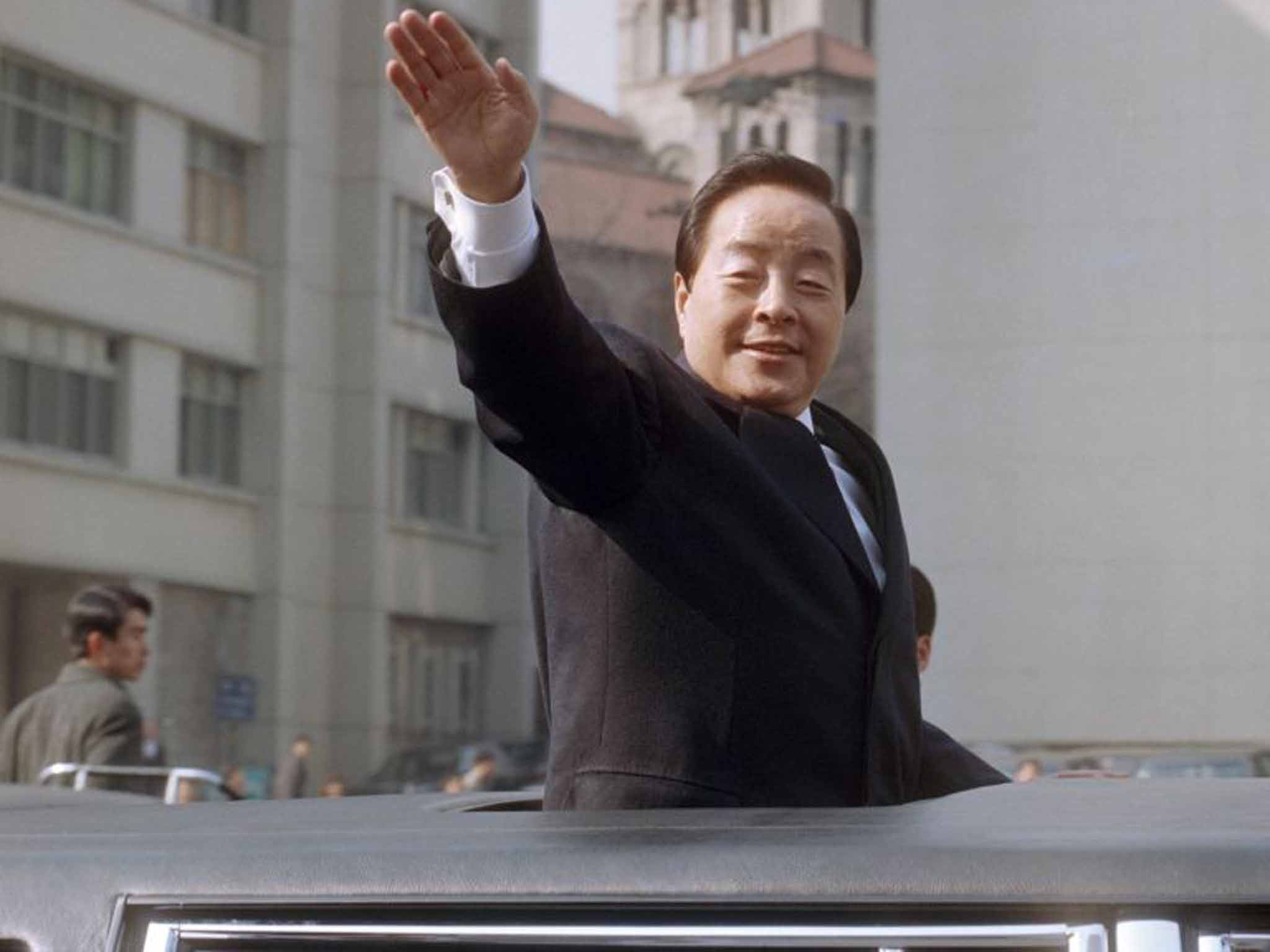Kim Young-sam: Politician who ended decades of military rule in South Korea and brought financial transparency
He spent more than three decades in opposition as an advocate for democracy

As President of South Korea Kim Young-sam formally ended decades of military rule and accepted a massive international bail-out during the 1997-1998 Asian financial crisis. A central figure in South Korea's pro-democracy movement, he opposed the country's military dictators for decades. As president, he laid the foundation for a peaceful power transfer in a country that had been marked by coups.
During his presidency, from 1993-1998, he had his two predecessors tried on mutiny and treason charges stemming from a coup. He also launched a popular anti-corruption campaign and vowed not to benefit from political slush funds, though this was tarnished when his son was accused of bribery and tax evasion.
Kim led South Korea in 1994 when the Clinton administration was considering attacking Nyongbyon, home to North Korea's nuclear complex. Kim lobbied against the idea, fearing a possible war. The crisis eased when former US President Jimmy Carter met the North's leader Kim Il Sung in Pyongyang, leading to an accord aimed at freezing North Korea's nuclear programmes. That deal collapsed in 2002 when the US accused North Korea of running a secret programme.
North Korea continued to cause security jitters. In 1996, a North Korean submarine ran aground off South Korea's eastern shores. The North later expressed its “deep regret” for the intrusion that left 24 North Korean agents and 13 South Koreans dead. It was an unprecedented apology.
Kim was credited with disbanding a key military faction and bringing transparency to the South's murky financial system. But he was also accused of mismanaging the economy during the Asian financial crisis that toppled some of the country's debt-ridden conglomerates and forced the government to accept a $58bn bailout from the IMF.
Kim was born into a rich fishing family in 1927 when the country was still under Japanese rule. During the Korean War, he presented a defence ministry propaganda radio program. In 1954 he was elected as the youngest member of the National Assembly, but in 1979 he was expelled for his anti-government activities.
In the early 1980s, Kim was placed under house arrest twice and staged a 23-day hunger strike to protest against political oppression.
He spent more than three decades in opposition as an advocate for democracy, though he later joined hands with military leader Roh Tae-woo and others to create a new ruling party. In 1992 he became the head of the ruling party and was elected president.
Kim Young-sam, politician: born 20 December 1927; married (three daughters, two sons); died 22 November 2015.
Join our commenting forum
Join thought-provoking conversations, follow other Independent readers and see their replies
Comments
Bookmark popover
Removed from bookmarks